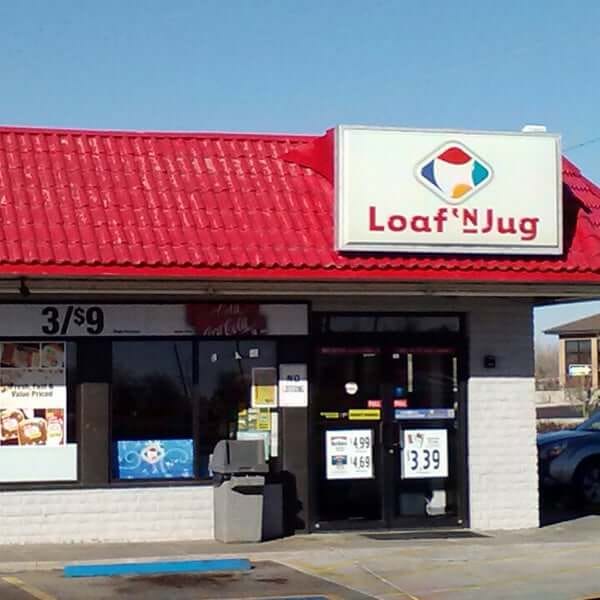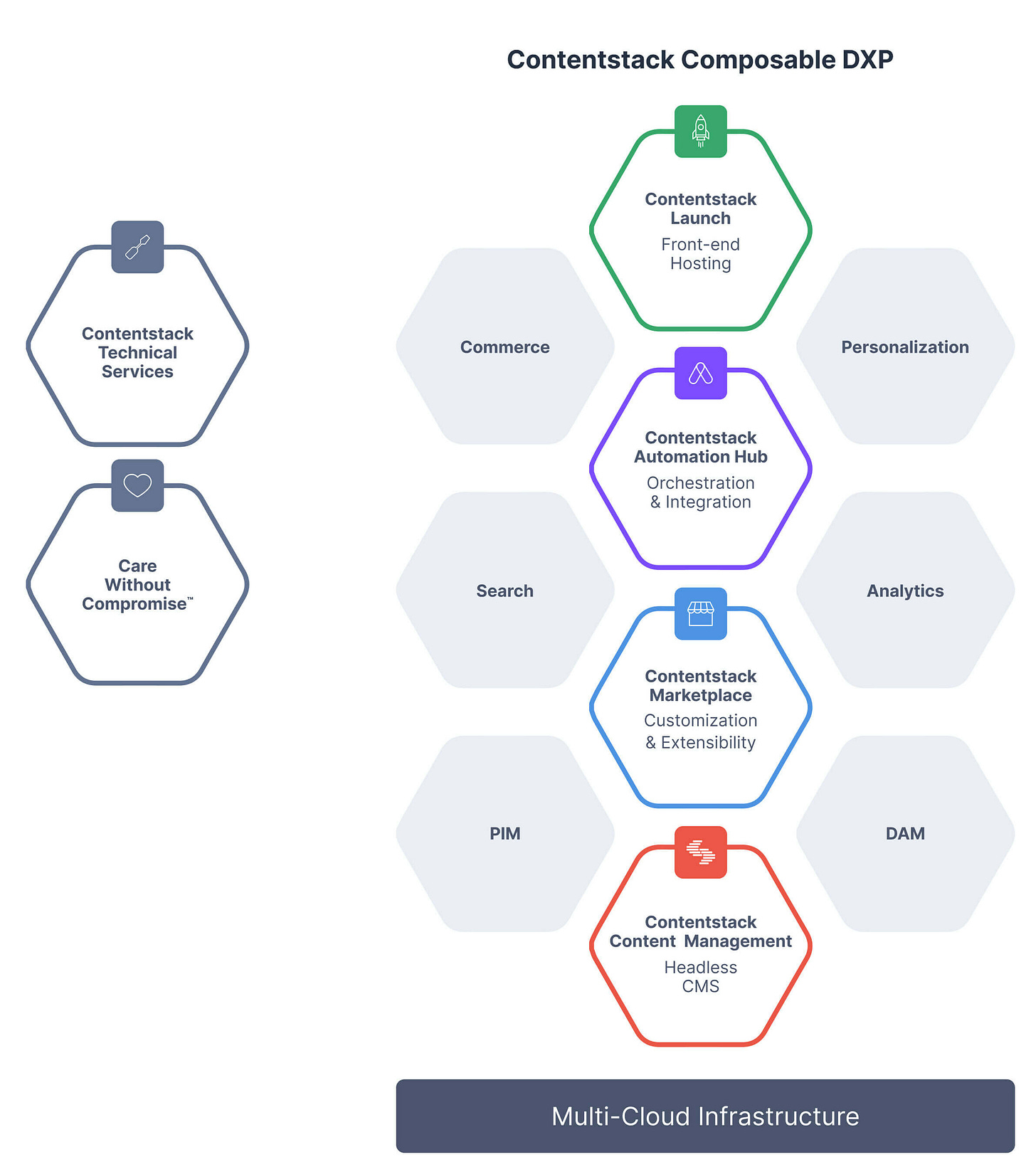Your company has a better name than We Do Cryptocurrency Bitcoin Arbitrage Multinational Stuff
But not much better
Hello Gobbledeers,
First, thanks for reading. Second, if you’d like to share Gobbledy with some people (or some other people), here’s a button that makes it easy:
Easy!
It’s good to be back after my week off where I flew to Montana, sat in a condo while the ski lifts were closed because of wind for 3 days, then drove 3 1/2 hours to a distant airport, had my flight canceled, and finally flew home the next day.
Which only made me stronger!
And made me appreciate that the fight against gobbledy extends to airlines around the world.
(Bad transition.)
So let’s imagine you work for Japan’s All Nippon Airways (ANA) and you spend quite a bit of time working on your 3-year strategic plan.
You’re juggling plans for 3 different airlines that you own. You’ve got passenger revenue and you’ve got cargo revenue. You’ve got a frequent flyer program.
You work on this thing for a while, and after a bunch of late nights you finally finish a presentation so you can share your plan with the investor and industry analyst community.
And this is what you come up with:
I dunno either. But I do like that the Excursions go in both directions.
(Thanks to Brian Sumers who writes the fantastic airline industry newsletter The Airline Observer for sharing.)
It’s All in a Name
I’ve spoken with people over the years who are thinking about starting companies. And one of the conversations we have is about the name of that company - specifically, what should the name of that company be.
It’s a super fun conversation and much more fun than, yknow, building a product, which maybe is fun but is definitely difficult, whereas randomly mixing together letters (Fluzzo.io!) is fun and not that difficult.
And inevitably I’m the party pooper (every party has one and that’s why I was invited), and I say something like, “This is super fun and all, but the name won’t matter.”
And my friend will say something like, “of course it matters. Would you buy HR software from something called “Fluzzo.io”?
And I say, “I wouldn’t buy HR software.”
And he’ll say, “I hate you.”
And I say, “Let me ask you a question.”
Him: “OK”
Me: “The last time you needed to buy a baseball glove for your son, where did you go?”
Him: “Dicks”
Me: I rest my case.
Anyway, there are legitimate reasons for thinking about why you’re naming your company something, and Sam Bankman-Fried (of all people) had a good one, though the reason is pretty specific to FTX.
For the sake of this example, let’s imagine you run a cryptocurrency exchange. (More likely, imagine it’s a few years ago and you decided back then to run a cryptocurrency exchange.) If you were to launch this project, you would need to have a bank account so when people send you actual, like, money, you’ll have a place to put all of that money.
I know that based on all the FTX stories you’ve heard it may come as a surprise to learn that the FTX offices were not, in fact, stuffed to the gills with undeposited cash. No, SBF was more thoughtful and careful than that.
He needed a bank for those deposits. But he did have one problem. No bank wanted to work with a crypto exchange, a fact he discussed in an interview:
SAM BANKMAN-FRIED: Especially in 2017, if you named your company like We Do Cryptocurrency Bitcoin Arbitrage Multinational Stuff, no one's going to give you a bank account if that's your company name. Among other things, it's a terrible company name. But also, they're just going to be like, yeah, no, we've been warned about companies with this name. You know, you're going to have to go through the enhanced process. And I don't want to bother with that right now; it's almost lunchtime.
I think we can all agree that “We Do Cryptocurrency Bitcoin Arbitrage Multinational Stuff” is, in fact, a terrible name. And that nobody is going to give you a bank account if that’s your company name.
(One quick diversion: Although it’s a terrible name, I’m not sure it’s more terrible than Mt. Gox, the name of one of the early Bitcoin exchanges. At one point in the 2010s, Mt. Gox handled 70% of all Bitcoin trading before going insolvent after it was hacked in 2014. My favorite part of this story - and if we’ve ever met in person I may have very well bored you with this - is that the name MT GOX is an acronym for Magic The Gathering Online eXchange. Which is to say that - for real - the largest Bitcoin exchange in 2014 originally started as a place to trade Magic the Gathering cards.)
So SBF came up with a brilliant work-around (“move fast and break things”) - he named his “associated” hedge fund “Alameda Research” because that sounded like an actual company that did actual legit things (like research), rather than a cryptocurrency bitcoin arbitrage multinational stuff, which did things like cryptocurrency bitcoin arbitrage multinationally. And stuff.
Banks were happy to work with Alameda Research, because research, and FTX didn’t need a bank account because they treated Alameda’s bank accounts as if it were their own and blah blah blah that’s sorta how $8 billion was unaccounted for.
Tl;dr: Your company name doesn’t matter, unless you’re trying to cover something up.**
**(This is not what most people think.)
People Write Stupid Press Releases
Hyperdrive.
One comma, two hyphenated words and a colon.
My friend Jordan and I have an ongoing conversation about whether PR does anything for all these software companies (I say no, he says yes…sounds like a fascinating conversation). Because I see an awful lot of nonsense press releases that will never get picked up in the press. And maybe I’m the fool, but if you put out a press release that wasn’t meant to get press, why did you put it out? And wouldn’t there be some better way to get the word out about whatever the hell they did? In Contentstack’s words:
The new service extends Contentstack's product suite, providing enterprise companies with a first-ever fully composable, fully automated, digital experience stack from the front-end to the back-end. This means organizations can now more quickly stand up full-stack digital experience development environments, reducing organizational friction and technical obstacles, while accelerating business outcomes.
Obviously, the best part of that is the “this means.” Because a normal person might expect that the following sentence would in any way at all further explain what the hell a “first-ever fully composable, fully automated digital experience stack from the front-end to the back-end” means.
But no.
What am I missing here? What’s the point of sticking a bunch of gobbledy in a press release and paying $1500 to put it “out on the wire”? Is there any value at all? Help?
And why wouldn’t you write it in non-gobbledy English?
Wait a second. They included a graphic to help explain whatever it is they’re doing:
They should call the ANA powerpoint folks to help with that.
Have I mentioned before that I work with software companies to help them with their positioning and messaging? No? That doesn’t seem right. I feel like I write it every week. Anyway, I do that - you know how your homepage says a bunch of things that are like “we’re a cross-channel multiblah blah blah CDP?” I’ll work with you to fix that. Plus, it’s actually a fun process. Not just “fun” but like actual fun. Well, work fun. Not Six Flags fun. I’m happy to connect you with some companies I’ve worked with and they’ll tell you how fun** it was to make their website comprehensible.
**work fun








So, I always figured the companies who put press releases like that on the wire are doing it as a way to f with their competitors. Because - who out there would actually take the time to set up a google alert with your company's name? Your competitors.
Which means.. the ONLY people who are going to see that press release are the people on your competitors' sales teams.
Which THEN means.. your competitors' sales teams are going to immediately point the finger at their marketing teams, asking "why don't WE get this much press?" (because salespeople think this is actually press).... which is going to lead to a lot more resentment and useless work and... actually, it's kind of genius.